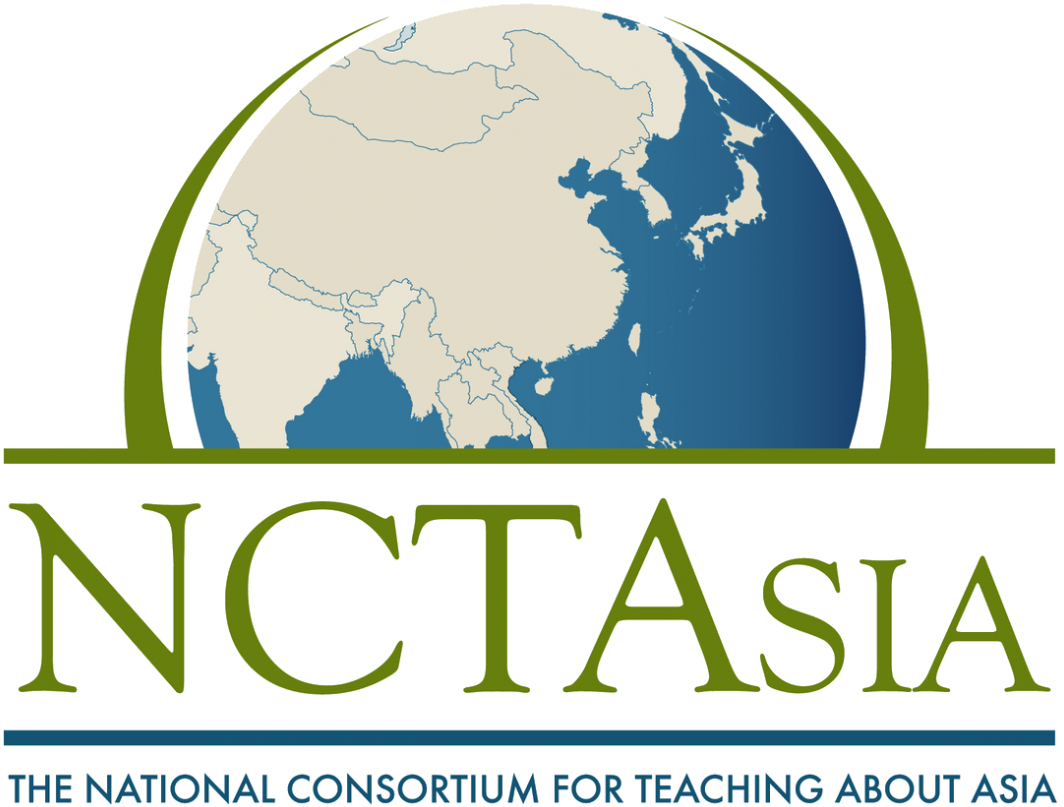
An NCTA and Global Studies Center at the University of Pittsburgh
Mini-Course for K-12 Educators
Hybrid, Synchronous at The University of Pittsburgh
4130 Posvar Hall and Virtually via Zoom
This free K-12 educator mini-course will explore the major forces shaping the global landscape over the next half-century, equipping participants with the tools to critically analyze and teach about transformative global trends. Through a multi-disciplinary lens, the weekend course examines how emerging technologies, demographic transitions, shifting economies, and global health and environmental challenges intersect to redefine power, security, and opportunity worldwide. This mini course will not attempt to predict how the future will unfold but will highlight some of the important issues of today that will transform the world on the global, regional, national, and local levels over the next fifty years.
This will be a hybrid mini-course, and you may choose to attend online or in person. We have a limited number of travel subsidies available for those outside of the Pittsburgh area who wish to attend in person.
All participants who fully attend and participate in the two-day mini-course will receive teaching materials and resources after the program.
Benefits include a Certificate of Completion and Pennsylvania teachers will also receive Act 48 hours.







